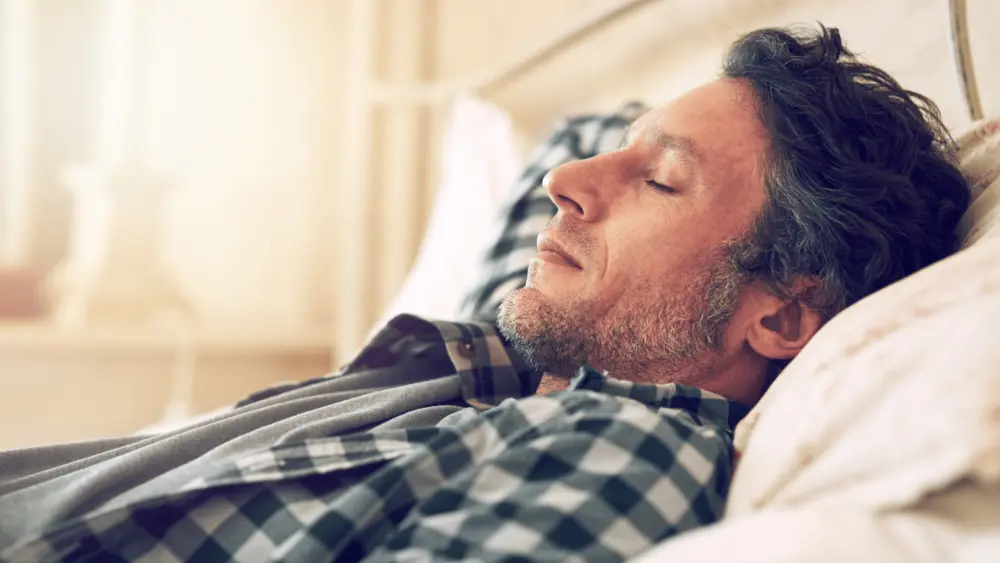Sleep is of utmost importance in everyone’s life. It is essential to rejuvenate from the hard, fast-paced, and exerting day so that when you wake up from your quality sleep time, you are more alert, active, and ready to take over the day very quickly. A good night’s sleep could mean how efficiently you can perform your daily activities and keep your cognitive abilities better and practical use.
But have you ever wondered about afternoon nap timing and how beneficial it could be for your mental health? Experts have mentioned that daytime nap could help older adults aged above 60 years and prevent conditions like dementia. Although our body requires a night of good nighttime sleep, a power nap during the day could do wonders too.
Many people have concluded that napping during the day might be a sign of internal weakness or any health condition which one does know about. A scientific study has proved that all older age adults who are above 60 years could do with some daytime napping as it makes them mentally strong.
Now here is what you need to understand by the ‘mentally strong.’ An observational study published in the journal General Psychiatry was meant to analyze the physical and cognitive health of about 2,214 people aged above 60 years. Out of these, only 1,534 individuals only took daytime napping.
When these older adults were examined in the Mini-Mental State Exam (MMSE), a standard test for dementia screening, the researchers found out that the individuals who regularly took daytime napping had a better concentration and awareness of their location working memory, and verbal fluency, compared to the other non-napping older adults. Hence, concluding the term ‘Mentally strong.’
Experts have let know of their insights, saying that sleep is essential to burnout all the temporarily saved information from the memory and store place for some newer ones. Sleep helps us learn more current knowledge and take in more current understanding by keeping us awake and alert.
The brain needs to relax and flush out the daily hectic informational content to get ready for the next day’s events, and sleep helps it do better.
What does a good afternoon nap do to your Mental Health?
A study conducted with two groups of people, nappers and non-nappers, tends to identify sleep frequency. Still, one of the research loopholes remained that these groups were not asked to specify the exact duration when they went off to sleep.
Most of the nappers mentioned that either they were sleeping daily or were sleeping once every week. Experts say that one of the ideal times to go for a daytime nap is between 1 PM and 3 PM. Katherine Hall, a sleep coach, told one of the sources, Healthline that,
If you are able to get a catnap in the afternoon (which is a nap ranging from 10 minutes to 30 minutes to be precise), there are some great benefits to be had. The evidence suggests that napping is great for improving mood, energy, and productivity while reducing anxiety and physical and mental tension.
Although another expert mentioned that sleeping for about 60 minutes during the daytime is better for your mind’s learning ability. Sleeping for an hour keeps your mind active and can also remove the grogginess in you during your work hours caused by an inability to sleep during nighttime. To keep your brain from feeling confused and exerted, a daytime nap for a max of 60 minutes could do good.
The Conclusion
Although afternoon naps have been proven useful for you, you need to remember that naps that are longer than two hours indicate serious trouble in your body. The best sleep quality should be during the night when our brain gets to flush out the entire day’s exertion and stress to prepare itself for the next day’s battle.
The present generation is surrounded by bright light and screened devices that do not allow a peaceful night’s sleep every day, making one feel disoriented the entire day. As a result, one is bound to sleep more than two hours which is more sleep than required.
More than two hours of sleep show that our body has some disability or trouble, asking for more hours of sleep to fuel itself or cover up the nights we spent without proper sleep. Many older adults suffer from an inadequate amount of sleep due to many sleep disorders because of growing age or some medication for any health condition such as arthritis, blood pressure medications, etc.
Maybe the body is trying to recover from prolonged inflammation by taking extra hours of sleep to defend itself against dementia or other mental disorders. It might seem the condition in older adults, but more extensive research is required to know more about afternoon napping and its effect on our mental health.




